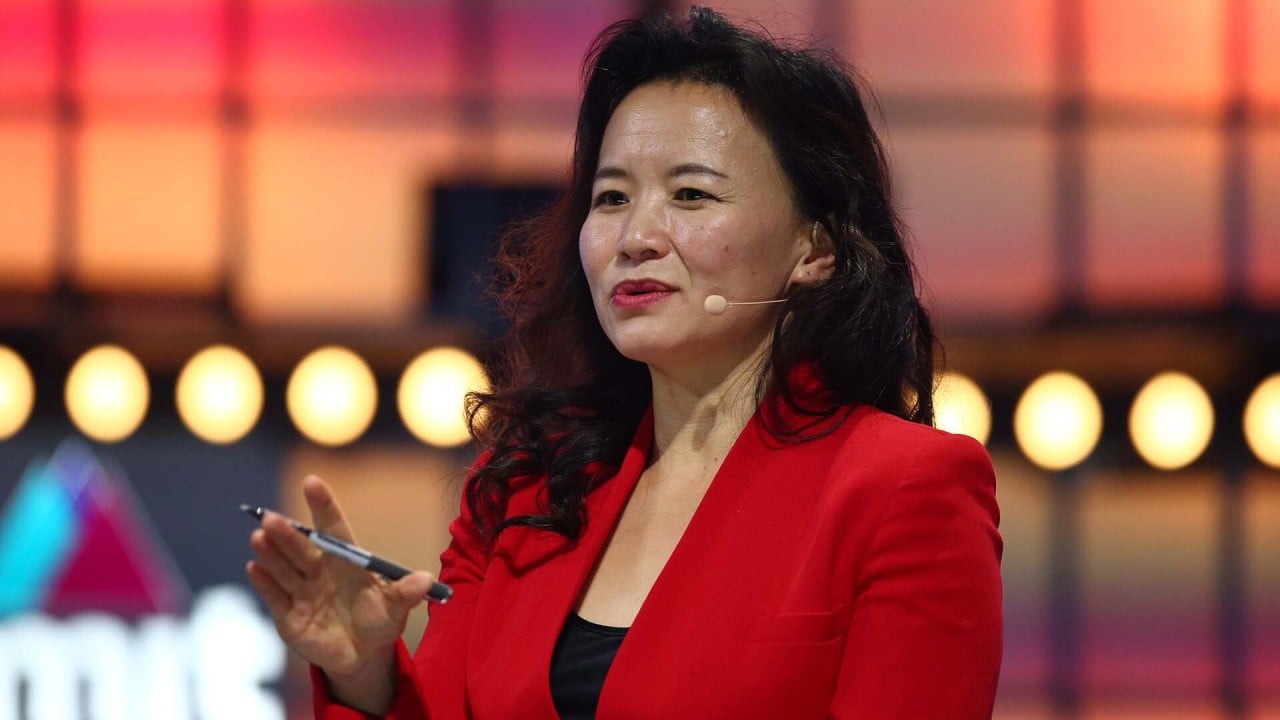
Australian broadcaster SBS suspends use of content from China’s CGTN, CCTV after human rights complaint
- The decision was made after rights group Safeguard Defenders expressed its concern over the Chinese channels’ history of airing allegedly forced confessions
- Analysts say the suspension is unlikely to impact many viewers, as most Mandarin speakers in Australia do not get their news from traditional media
SBS, which airs multilingual and other programming intended to reflect Australian multiculturalism, on Friday said it would review the broadcasts after the non-profit Safeguard Defenders wrote to it expressing concern over Chinese state television’s airing of dozens of forced confessions between 2013 and 2020.
Australian PM Scott Morrison backs attorney general accused of rape, says law must be followed
The SBS international news programme World Watch includes 15 minutes of English news from CGTN and a 30-minute Mandarin service from CCTV as part of its regular scheduling. Launched in 1978 as an ethnic-community-oriented alternative to the ABC, the country’s flagship public broadcaster, SBS receives about 80 per cent of its funding from the government but is guaranteed editorial independence under law.
Rowan Callick, a former China correspondent for the Australian Financial Review and The Australian, said the move was understandable given growing debate about public broadcasters “relaying content that may be generated in a manner contrary to journalistic and human rights ethics”.
But he said the decision was unlikely to impact many viewers, and also came as the broadcaster was increasing investment in its own Chinese-language content.

01:51
Australian journalist Cheng Lei formally arrested in China for ‘illegally supplying state secrets’
“The CGTN daily relay of a 15-minute English-language bulletin is broadcast at 5am, and SBS itself has only [a television] audience share – albeit a steadily growing one – of 5 per cent of Australian viewers,” Callick said. “The CCTV rebroadcast, in Mandarin, is at a much better time slot – 6.30am to 7am daily – and has many more viewers. SBS has also made the daily CCTV packages viewable for ‘catch-up’ online.”
Yun Jiang, managing editor of the Australian Centre on China in the World at the Australian National University, said research showed that most Mandarin speakers in Australia did not get their news from traditional media, including Chinese state media.
“Generally, CCTV news bulletins are very unappealing to audiences, both in China and in Australia,” she said. “Suspending such news bulletins will have minimal impact on Mandarin speakers receiving news.”
Australian journalist Cheng Lei formally arrested in China for ‘supplying state secrets’
Following the Ofcom ruling last month, Beijing accused the regulator of “politicising the issue” and warned it reserved the right to respond, while lashing out at the BBC for pushing “fake news.”
In its letter to the SBS, signed by director Peter Dahlin, Safeguard Defenders said Chinese state media was responsible for “systematic, intentional and widespread” breaches of the Australian broadcaster’s code of conduct.
“Many of the victims were journalists, lawyers, NGO workers and other political targets,’” the letter said. “Many of those victims have, after these broadcasts and after release from prison, spoken of prolonged torture inflicted to force them to record such confessions, and almost all speak of these ‘confessions’ being scripted by the police.”
Dahlin, a Swedish activist who has detailed his own account of a forced confession while in Chinese custody in 2016, had called on the Australian broadcaster to investigate the allegations and decide “what actions need to be taken to address these issues”.
An SBS spokesperson said the broadcaster was currently reviewing the complaint.
“Given the serious concerns it raises, and the complexity of the material involved, we have made the decision to suspend the broadcast of the overseas-sourced CGTN and CCTV news bulletins while we undertake an assessment of these services,” the spokesperson said.
In September, Australian journalists Bill Birtles and Michael Smith abruptly fled China after being questioned by Chinese state security officials, leaving Australian media without any presence in mainland China for the first time since the normalisation of ties between Canberra and Beijing in the early 1970s.
Following a days-long diplomatic stand-off, the men were allowed to leave the country after Australian officials agreed for them to undergo questioning inside Australia’s missions in Shanghai and Beijing.
The stand-off came several weeks after authorities detained Cheng Lei, a Chinese-Australian anchor with CGTN, on national security grounds. After six months in detention, Cheng was formally arrested last month on suspicion of “supplying state secrets overseas”.


